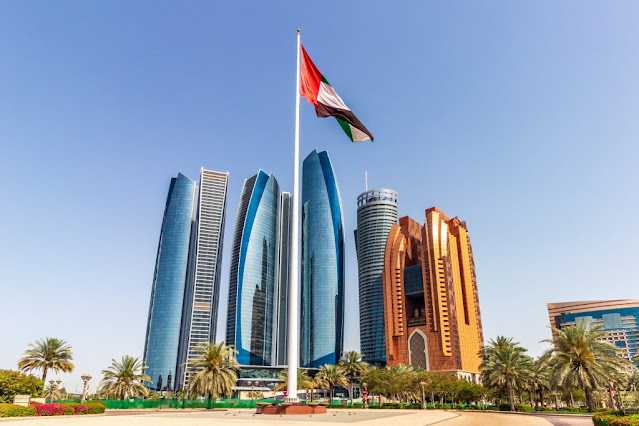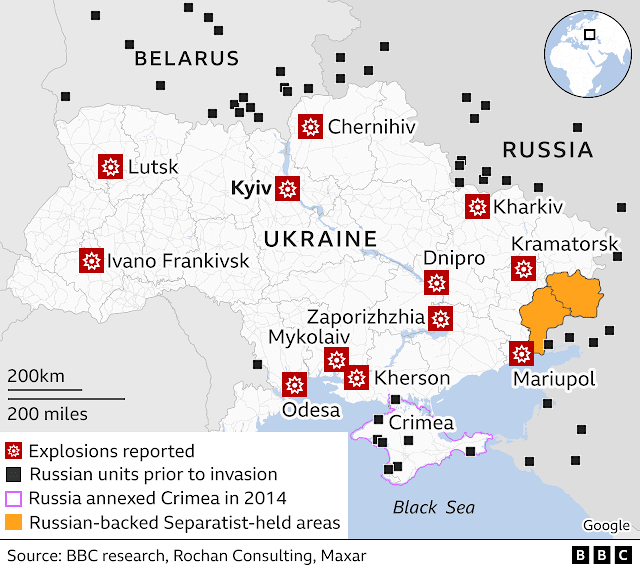Context: The Breaker of the 'Resource Curse', the Formation of the United Arab Emirates
The 'resource curse' or the 'paradox of plenty', is a fairly common concept in politics and economics. It follows the idea, that nations rich in natural resources (such as rare minerals or hydrocarbons) can be prone to lower economic growth or worse development outcomes. Though the balance between correlation and causation is not always defined, there are nonetheless several clear examples of this worldwide. Think of Venezuela, rich in oil, but imbued in economic turmoil. Think also of the Democratic Republic of Congo, with vast mineral wealth but ensnared in civil strife and poverty. To a lesser extent, even think of Iran, with its vast oil reserves, its large population, grand territory and ancient history, that is currently diplomatically isolated and economically stagnated. Obviously, in some of these scenarios, the resources themselves are not the sole cause of the nations difficulties. Yet the ability to still utilise natural resources, regardless of extraneous factors and achieve a level of social stability and wealth, is a rare-seen phenomenon in the former developing world. One nation who has bucked this trend spectacularly, is the United Arab Emirates (UAE). In the 21st century, the UAE has become synonymous with wealth and influence. Abu Dhabi and Dubai are worldwide names, with the UAE branded as 'little Sparta', for its military and political influence. Today we take a brief look back at how this nation formed, fifty years to the day.
From British Protection to British Abandonment
Prior to the formation of the UAE, the area was ruled over by a group of Arab tribal confederations on the Persian Gulf. In 1892, these tribes, known collectively as the 'Trucial States', signed 'Exclusive Agreements' with the British, effectively making them a protectorate. Under the treaty, the British promised to protect the Trucial Coasts from threats, be they from land or sea. In return, the Trucial Sheikhs agreed to only sign over territory to the British and not to enter into relationships with any other foreign governments without the British consent. This agreement worked fairly seamlessly for the next seventy years.
Yet the collapse of the British Empire and its economy following World War Two, seriously stretched the ability of the British to offer the Trucial States the protection they had formerly provided. In 1968, the British PM Harold Wilson announced the governments decision to end the treaty relationships with the seven Trucial Sheikhdoms, that had along with Qatar and Bahrain, been under British protection. The ruler of Abu Dhabi, Sheikh Zayed bin Sultan Al Nahyan, attempted to persuade the British to honour the treaties by offering to pay the full costs of British forces in the Emirates, but this offer was rejected.
The nine Sheikhdoms now attempted to form a union of Arab emirates, but by mid-1971, the talks were failing, despite British protection ending the following month. The day before independence, Iranian destroyers seized the Tunb islands and approached Abu Musa too. Elsewhere Saudi Arabia now laid claim to large areas of Abu Dhabi. With the threat of larger powers now all too real, the remaining states were forced in to action. Bahrain and Qatar had already become independent in August and September of 1971 respectively, abandoning the Trucial States. On 2 December 1971, six of the Emirates (Dubai, Ajman, Sharjah, Umm Al Quwain and Abu Dhabi) met at the Dubai Guesthouse and agreed to a union, termed the United Arab Emirates. The final Trucial State, Ras al-Khaimah, joined just over a month later. From here a new political organisation was created, the Federal National Council, a 40 member consultative body appointed by the Emirates respective rulers. The UAE joined the Arab League in late l971, before then joining the United Nations just three days later.
In subsequent years, the fledgling union went from on the verge of annihilation by its larger neighbours to a standout example of a successful union. The UAE's economy grew by over 240 times from 1971-2021, helped largely by it possessing the world's seventh largest oil deposits, with the central body proving incredibly effective in managing economic liberalism and social conservatism. The standard of living is much higher than the Asian or even world average, with Dubai and Abu Dhabi renowned tourist destinations. Now the UAE is not perfect, it has its own issues with draconian punishment, migrant labour and so forth. But, in regard to a lower income nation, finding its independence and reaching the top of economic success and social stability, all whilst possessing vast natural resources, the UAE is an unparalleled success. A breaker of the 'resource curse', so to speak.
(Image Source: https://www.juwai.asia/main/news/4023)



Comments
Post a Comment